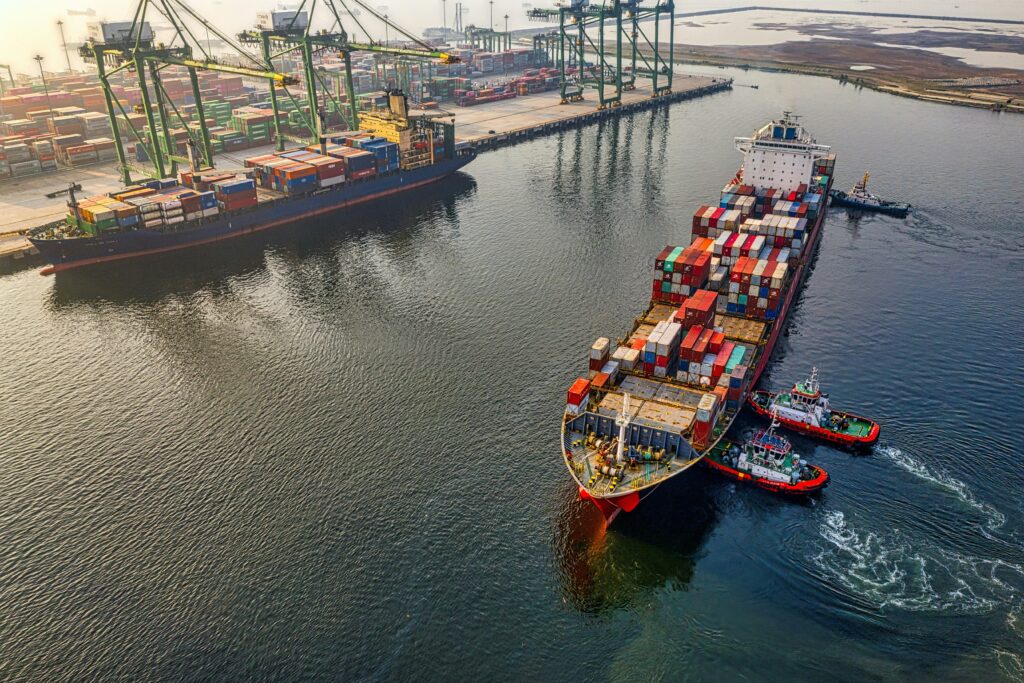The role of trade agreements in global integration
The role of trade agreements is central to modern commerce because these pacts set predictable rules that lower friction in cross-border activity. By replacing ad-hoc measures with transparent commitments, they simplify customs procedures, reduce uncertainty for investors, and curb the hidden costs embedded in lengthy compliance steps. One of the most visible outcomes is the progressive reduction of tariffs, which otherwise inflate import prices, compress margins, and limit product variety for consumers and businesses alike. When charges fall, trade volumes rise, supply chains diversify, and firms can reallocate resources toward innovation rather than defensive pricing.
Trade agreements reducing barriers for SMEs
Tariffs and complex paperwork often deter small and midsize exporters from testing new markets. By streamlining documentation and phasing down duties, commercial accords lower the break-even point for first shipments and pilot orders. This encourages experimentation, which is vital for sectors with short product cycles such as components, peripherals, and specialized manufacturing inputs used by data-center and infrastructure suppliers.
Fair competition and standards beyond tariffs
Modern agreements rarely stop at duties. They frequently include chapters on intellectual property, technical standards, labor safeguards, and environmental cooperation. These elements reduce non-tariff barriers that can act like hidden taxes. Clearer rules prevent a race to the bottom and help buyers compare offers on quality, reliability, and service instead of on protectionist advantages.
Long-term impact on growth and resilience
Lower tariff schedules can stimulate export capacity, attract foreign direct investment, and expand the set of reliable suppliers. For import-dependent industries, diversified sourcing reduces single-point-of-failure risk and cushions shocks. Over time, stable trade links support productivity gains as firms learn from global partners and adopt best practices in logistics, certification, and after-sales service.
The role of trade agreements in reducing barriers going forward
Looking ahead, the role of trade agreements will evolve toward topics like digital trade, data flows, and carbon-related measures. Future frameworks will likely blend tariff reduction with interoperable standards for cybersecurity, e-invoicing, and green procurement. This broader scope keeps market access credible while aligning commercial incentives with sustainability and network resilience.
Source: World Trade Organization

